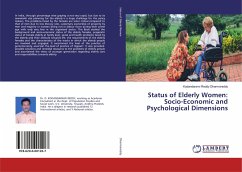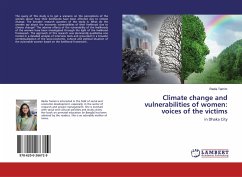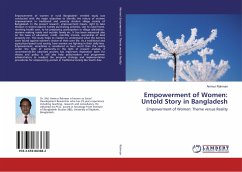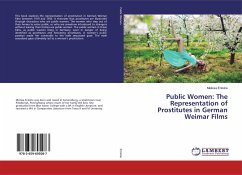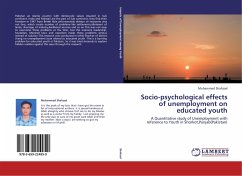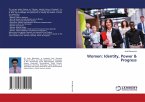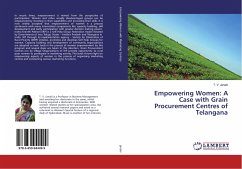In India, through percentage wise graying is not very rapid, but due to its mammoth size planning for the elderly is a huge challenge for the policy makers. The problems faced by the females are more critical compared to that of men due to low literacy rate, customary ownership of property by men and majority or women being not in labour force during their prime age with only very few in the organized sector. This Book studied the background and socio-economic status of the elderly females, pragmatic status of female elderly at family level, social and health problems faced by the elderly and their attitude towards life, the requirements of the elderly females and the characteristics of the works in which the elderly people are involved and engaged. It ascertained the level of the practice of gerentocracity, ascertain the level of practice of 'Ageism'. It also provided possible solutions and remedial measures to the problems of elderly people and ascertained the views of younger generation regarding elderly care and responsibilities towards elderly.

